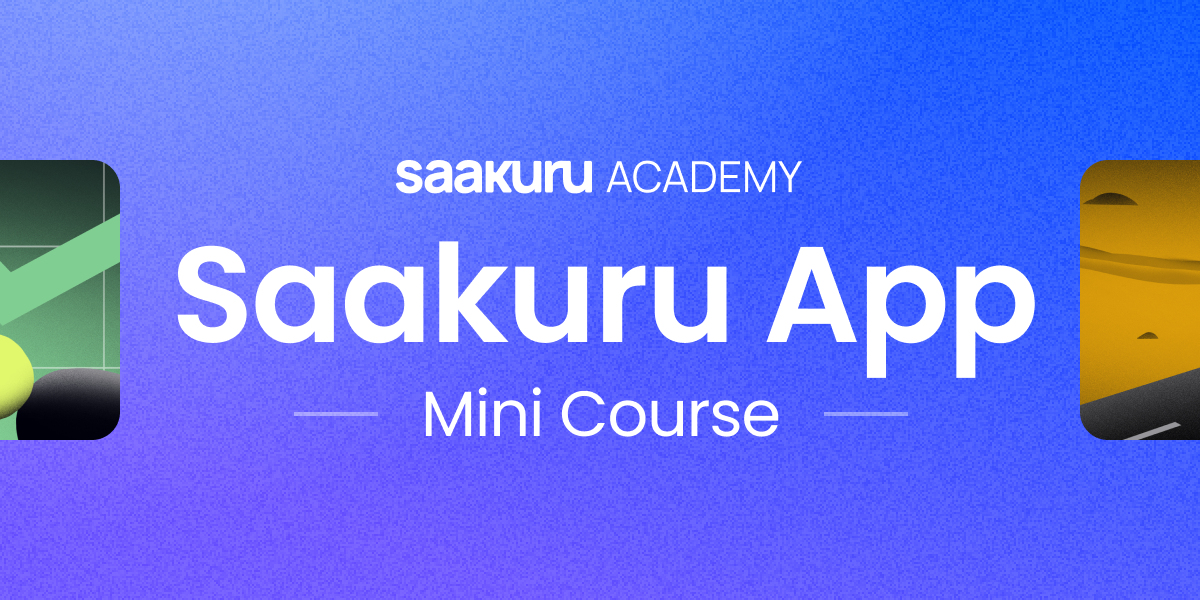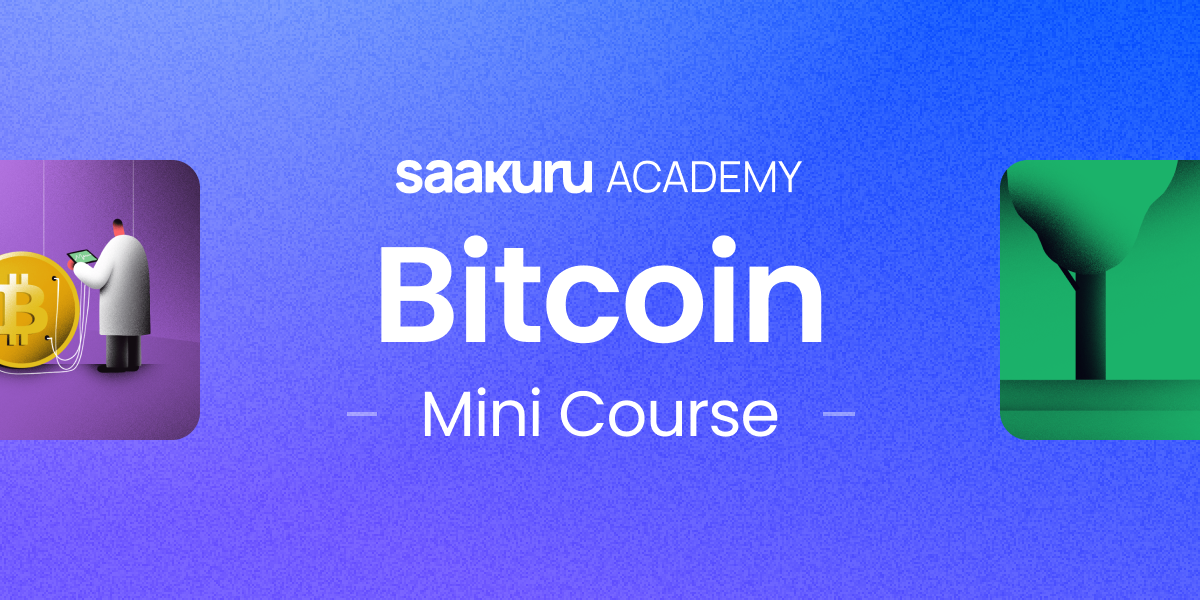
What is a decentralized wallet?
When it comes to accessing your digital assets, there are a number of different wallet options to choose from. One of the most popular is a decentralized wallet, which gives users complete control over their cryptocurrencies, NFTs, and private keys — and provides access to the increasing number of decentralized applications (DApps) available today.
In this AAG Academy guide, we’ll learn what a decentralized wallet is, how they differ from centralized wallets, and look at one of the best decentralized wallets available right now — the new MetaOne Wallet from AAG.
What is a decentralized wallet or DeFi wallet?
A decentralized wallet, otherwise known as a DeFi wallet or a non-custodial wallet, is an app that allows you to access digital assets that you have acquired from a decentralized exchange (DEX). They are not owned or governed by a central entity or third-party middleman, so they give you complete control over your funds and your private keys.
Decentralized wallets are available in a number of different forms, the most popular of which are mobile apps that can be installed on a smartphone or tablet. They are also available on desktops and through certain web browsers as extensions or plugins. No matter how you use them, however, the most popular wallets all offer the same key features, including:
- See the balance and value of your cryptocurrencies
- Send and receive digital assets, including cryptocurrencies and NFTs
- Connect to decentralized applications (DApps)
- Store your public and private keys
Most of the decentralized wallet apps available today, including MetaMask and Trust Wallet — two of the most popular — are secured by what’s called a recovery phrase or seed phrase. This is a collection of words that must be entered in the right order to gain access. Without this phrase, you lose access to your wallet and will likely never be able to recover it.
Some wallets are moving toward more advanced and more secure solutions. MetaOne Wallet from AAG eliminates seed phrases in favor of better, built-in security measures. It also has features to protect you from harmful DApps and potential scams, unlike other decentralized wallets, and can exchange supported cryptocurrencies in a few simple steps.
One common misconception about wallet apps is that they physically store or hold your digital assets, like a real-world wallet holds cash. In actual fact, those assets never leave the blockchain. Instead, wallet apps make it more convenient to access the blockchain container your funds are stored in, and to move those funds around or use them inside DApps.
What is a centralized wallet?
A centralized cryptocurrency wallet is, in many ways, very similar to a decentralized wallet. It also gives users the ability to view their cryptocurrency balances and monitor the value of their assets, as well as send and receive them. However, centralized wallets are offered and governed by a central entity, or centralized exchange (CEX), such as Binance or Kraken.
Centralized wallets, otherwise known as custodial wallets, do not give you complete control over your private keys, and they cannot be used to access decentralized applications. They are typically provided as standard when you sign up to a centralized exchange, and because those exchanges are regulated in many markets, they must ask you to prove your identity.
Centralized wallets are usually accessed through a mobile app or through a CEX’s website. They do not use recovery or seed phrases like decentralized wallets, but rather more traditional logins that usually call for an email address or phone number, and a password. Although they are less flexible, centralized wallets do have some benefits.
Not only are they usually easier to obtain since they are provided as standard when you buy cryptocurrency from a CEX, but centralized wallets also come with support from the CEX itself. That means if you ever run into issues or lose access to your account, it’s possible to contact customer service for assistance. That’s not the case with decentralized wallets.
What are the benefits of a decentralized wallet?
Decentralized wallets also have many benefits of their own, the biggest of which are:
Complete ownership
When you use a decentralized wallet, you have complete control and ownership of your funds and private keys. That means it’s up to you to keep them safe, but it also means that there is no risk of losing your assets if the exchange you acquired them from goes bust.
Greater flexibility
Decentralized wallets provide access to an ever-expanding world of decentralized applications (DApps). These let you swap or exchange your cryptocurrencies and NFTs, lend them to others through DeFi protocols, or put them to good use in lots of other ways.
Anonymity
Because decentralized wallets are completely decentralized, there’s no need to prove who you are when you create one. You won’t have to provide a name, address, credit card, or any other personal information. You don’t even need to be over 18 years old.
What type of wallet is right for you?
If you’re new to cryptocurrency investing, and all you want to do is buy and sell different assets, then a centralized wallet may be the best place to start. They can be a little easier to set up for newcomers, and there is support available if you need it. What’s more, centralized exchanges allow you to buy cryptocurrency with a debit card in many countries.
However, if you want to take advantage of everything the cryptocurrency world has to offer — including a growing catalog of DApps — and you are comfortable enough with taking full responsibility for your assets, a decentralized wallet is what you’ll want. They’re much more flexible and anyone can create one. All you need is a compatible device and internet access.
If you’re looking for a decentralized wallet that’s easy to use, offers the best security available, and keeps your digital assets protected, we recommend the MetaOne Wallet from AAG. It is as easy to use as a centralized wallet but has full support for DApps, and it will help you avoid the rising number of malicious websites and scams that want to steal your cryptocurrency.
Frequently Asked Questions
The best decentralized or DeFi wallet for you depends on what you want to use your cryptocurrency and other digital assets for. However, we recommend the MetaOne Wallet from AAG. It’s easy to use, super secure, and provides access to all the DApps you’ll want to use.
Yes, MetaOne is a decentralized or DeFi wallet.
Yes, DeFi wallets have a number of security measures in place to protect your digital assets. However, unlike centralized wallets, decentralized wallets put you in charge of your cryptocurrencies and your private keys, so it’s up to you to keep them safe.
MetaOne not only uses the best security available, but it’s incredibly easy to use and boasts a number of innovative features that other decentralized wallets do not provide, including the ability to warn you when you attempt to use potentially malicious DApps.
Disclaimer
This article is intended to provide generalized information designed to educate a broad segment of the public; it does not give personalized investment, legal, or other business and professional advice. Before taking any action, you should always consult with your own financial, legal, tax, investment, or other professional for advice on matters that affect you and/or your business.
Get news first
Be the first to get our newsletter full of company, product updates as well as market news.

















